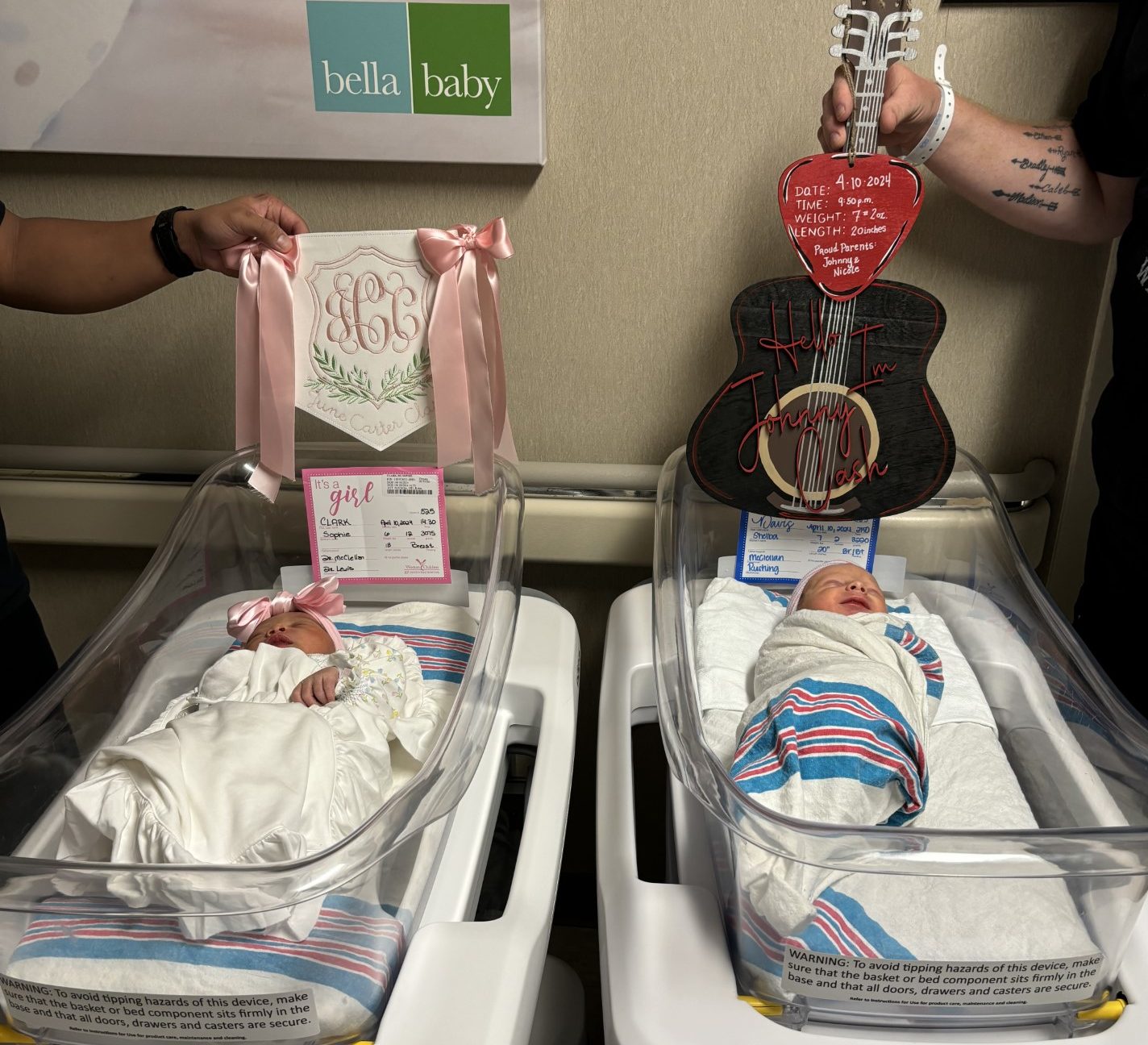More than 1,200 nurses at a Boston hospital are waging a one-day strike after last-minute negotiations between their union and hospital administrators were unsuccessful.
The strike by Tufts Medical Center nurses started at 7 a.m. Wednesday with picket lines outside the hospital and will continue until 6:59 a.m. Thursday.
Nurses say the hospital needs to adjust its priorities and put patients and staff first. They are seeking improvements in staffing levels, pension benefits and an increase in salary, saying they are the lowest paid and have the worst pensions of any nurses in the city.
A union representative said hospital management was "determined to force a strike."
The hospital issued the following statement Tuesday night:
"We went to the table today and offered a path forward that met the needs of our nurses. The union recycled their retirement proposal that is risky for nurses and expensive for the hospital."
Tufts Medical Center has hired more than 320 replacements to work four days in addition to the day when nurses will strike. Officials told nurses that those that didn’t show up for work on Wednesday would not be allowed to work for the following four days when the strike was over, because the replacement nurses coming in required a minimum five days of work.
U.S. & World
In a press conference Wednesday morning, Chief Nursing Officer Terry Hudson-Jinks said the work to hire the replacements has benefitted the patients.
"We've had some very brave nurses who came to work today," said Hudson-Jinks. "Given the intimidation that I know they've felt, I've heard it and I've seen it in print myself, we're extremely proud of those nurses.
Tufts CEO Michael Wagner said they made significant concessions in negotiations, but that MNA did not look at the proposal before striking.
"It's not about staffing. It's about money and the pension," he said.
He added that the strike has cost Tufts $6 million in costs associated with covering travel, housing and pay for nurses brought in to cover.
In a statement from Boston Mayor Marty Walsh, the mayor said, "I encourage both sides to get back to the table and continue having a dialogue. A prolonged strike or lock out does not help Boston, does not help the patients and does not help find a resolution."
Nurses on the picket line said it was a hard decision to strike.
"There's a lot of patients that I care deeply about a lot of my coworkers care deeply about," said Colleen Barry, one of the Tufts nurses on strike. "I hope they're doing OK. It's difficult to know they are inside and we're outside."
Despite the walkout on Wednesday, Wagner was not budging either.
"We will not be held hostage," he said. "It's disappointing that the MNA would have made this choice."
The sides have been negotiating a new contract since April 2016.
The strike is the first by nurses in Boston in over 30 years, and the largest nurses’ strike in Massachusetts history.



